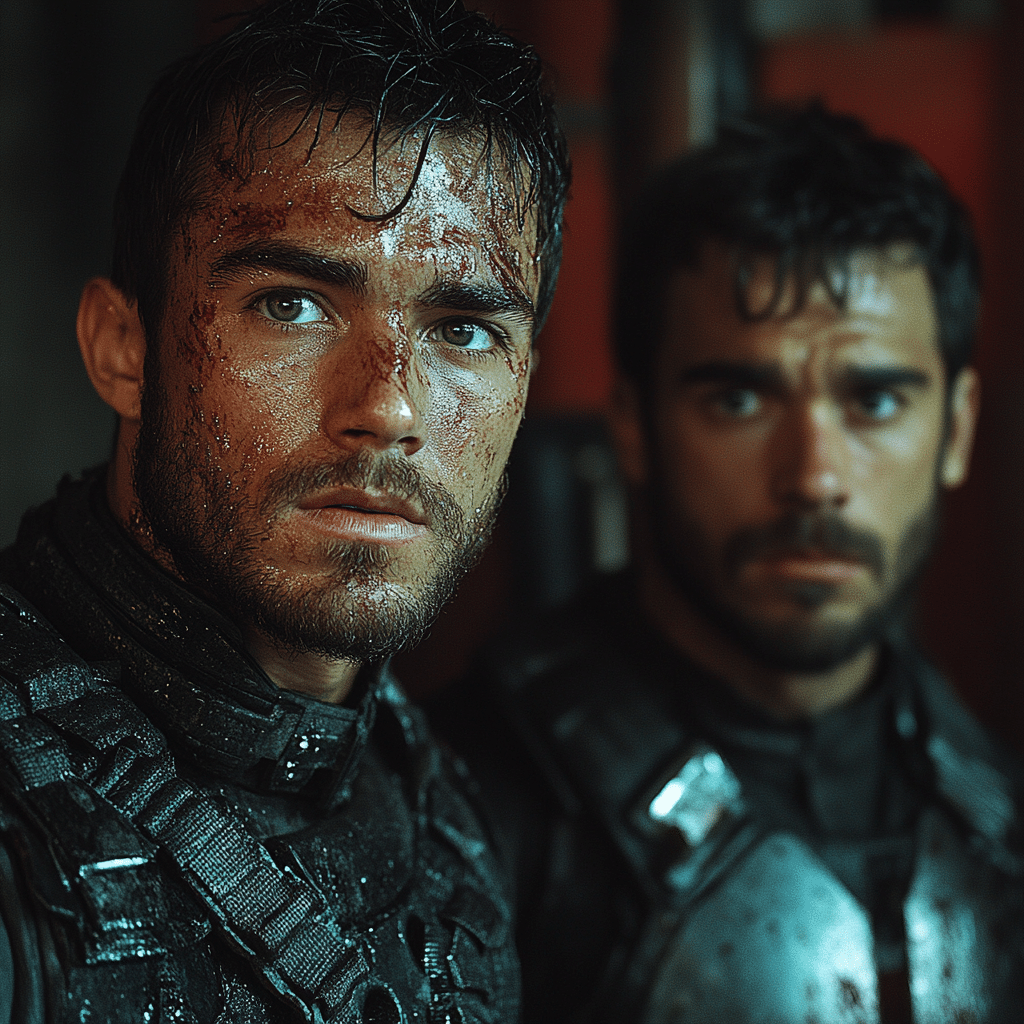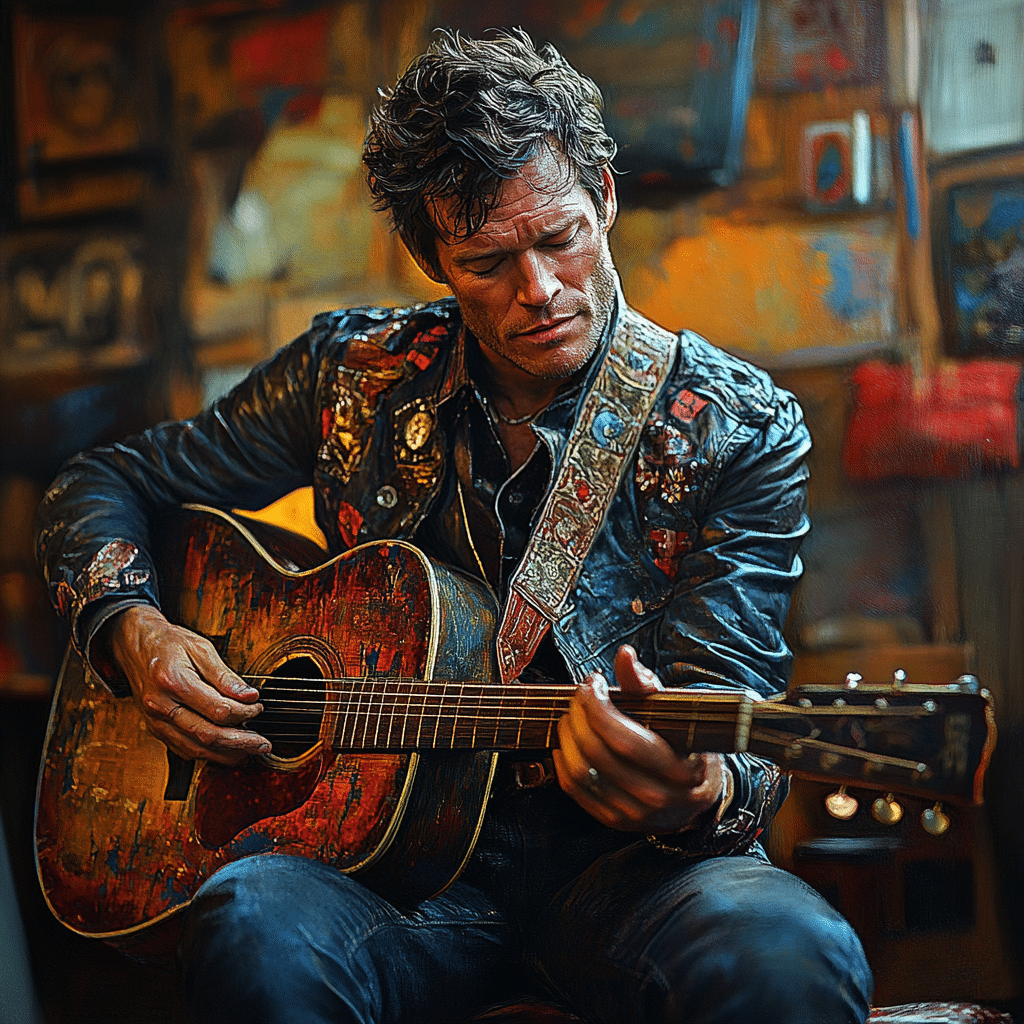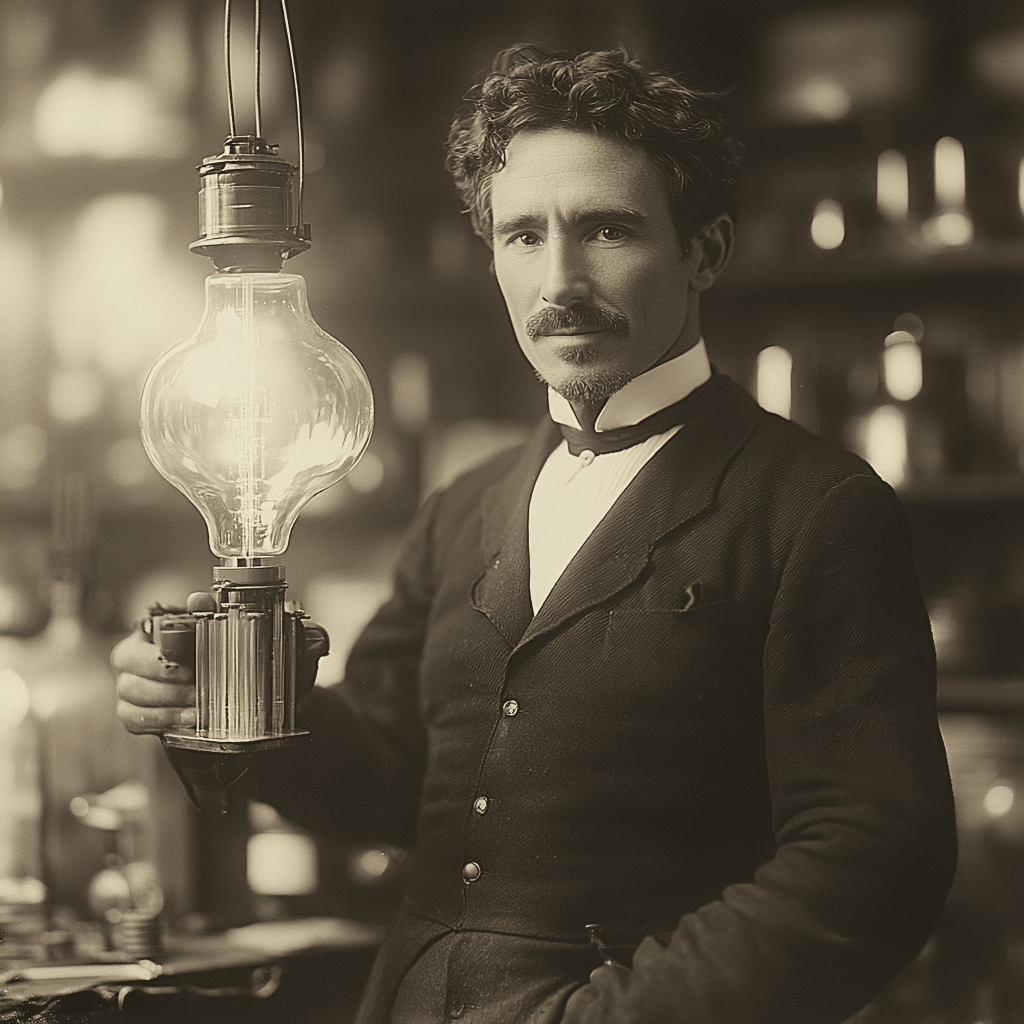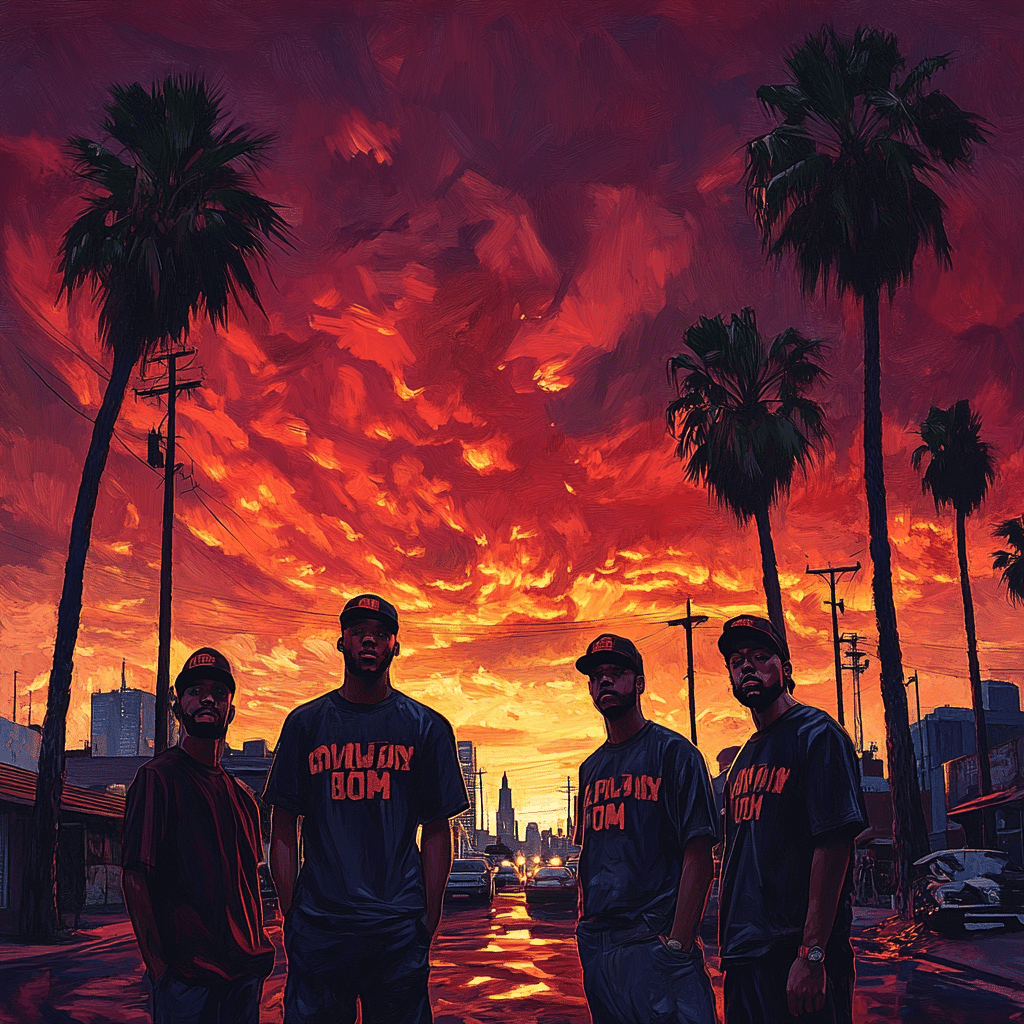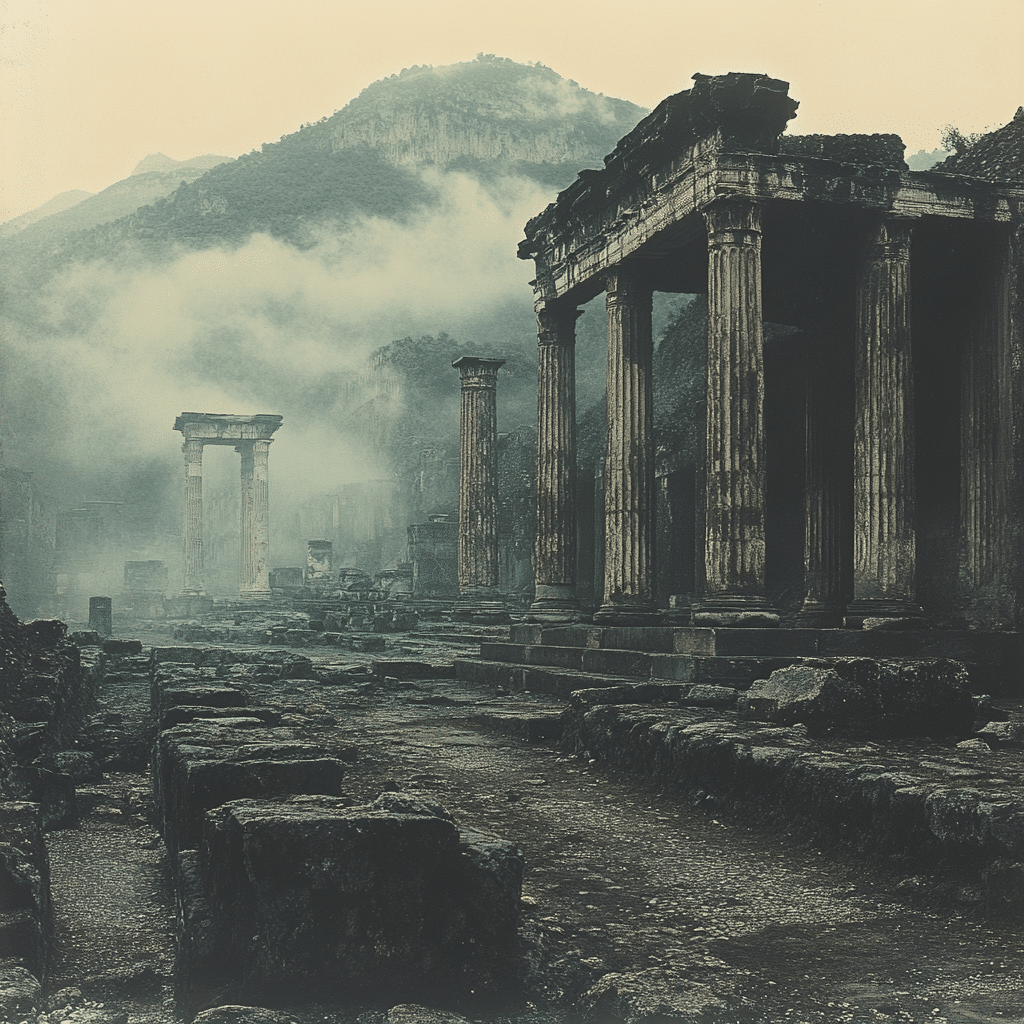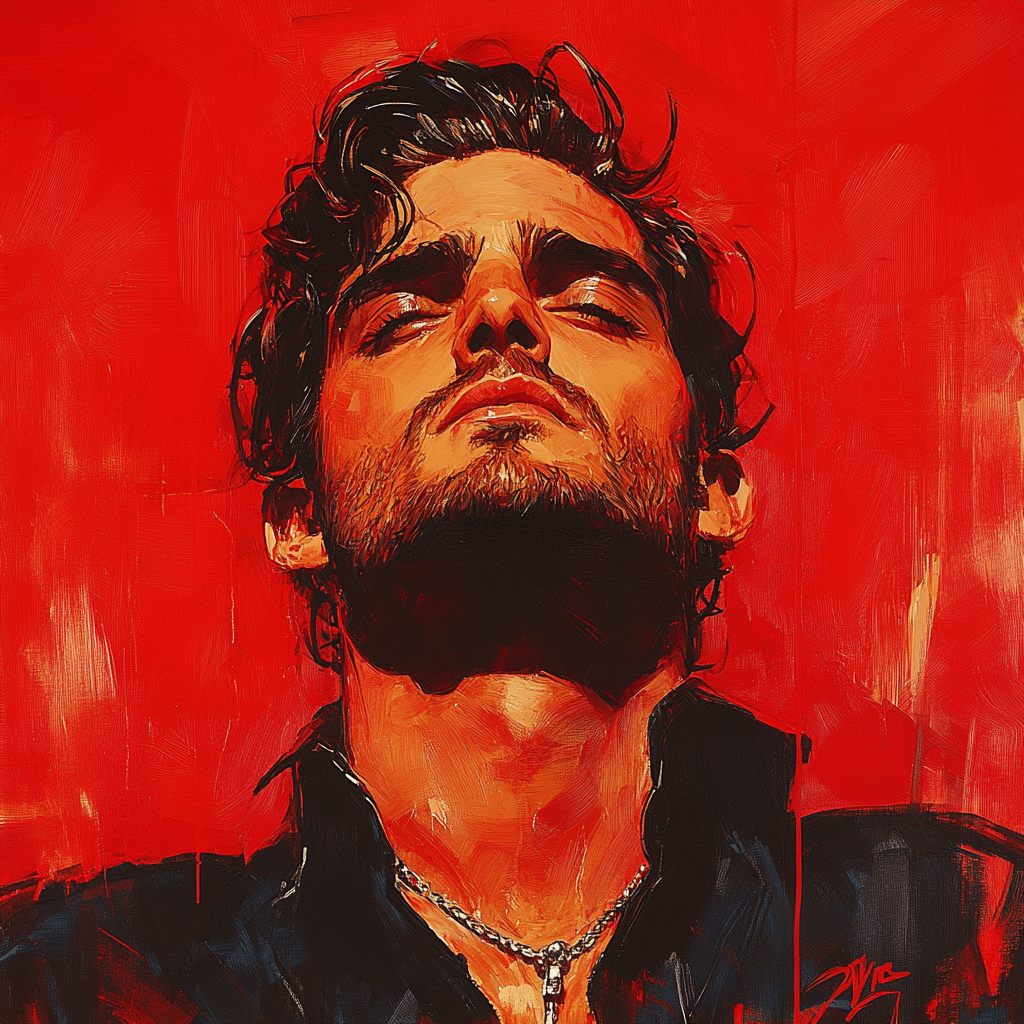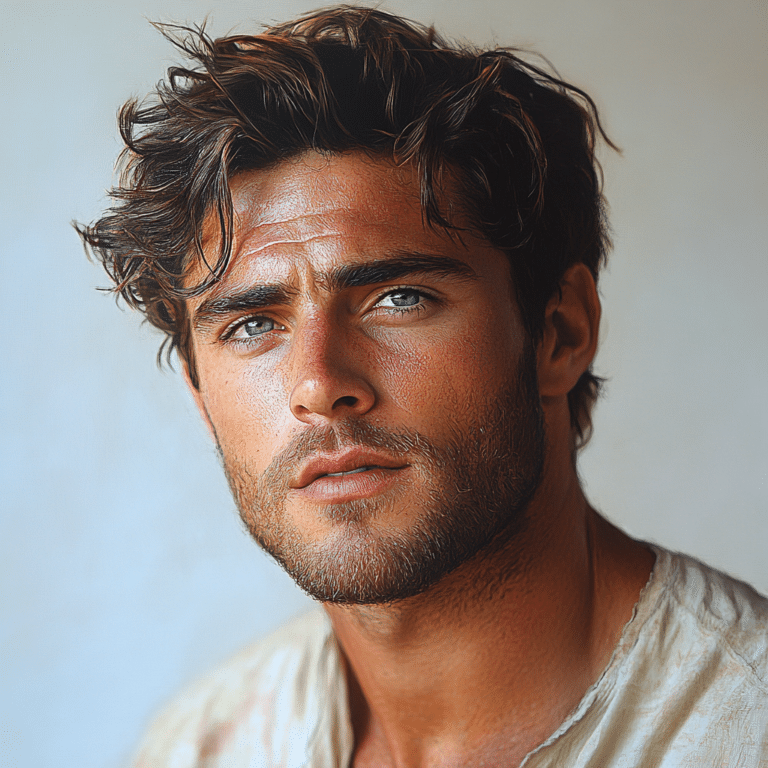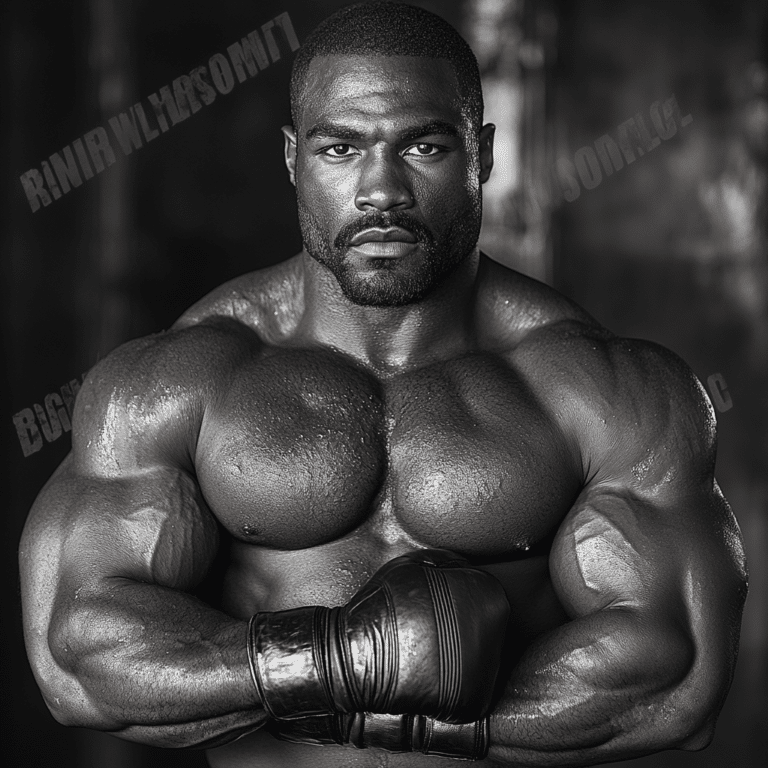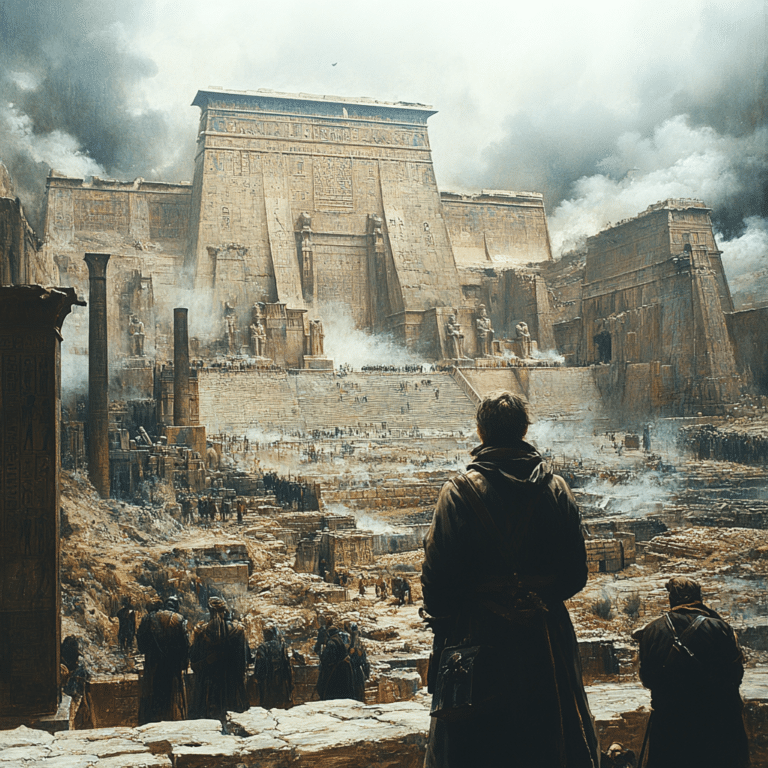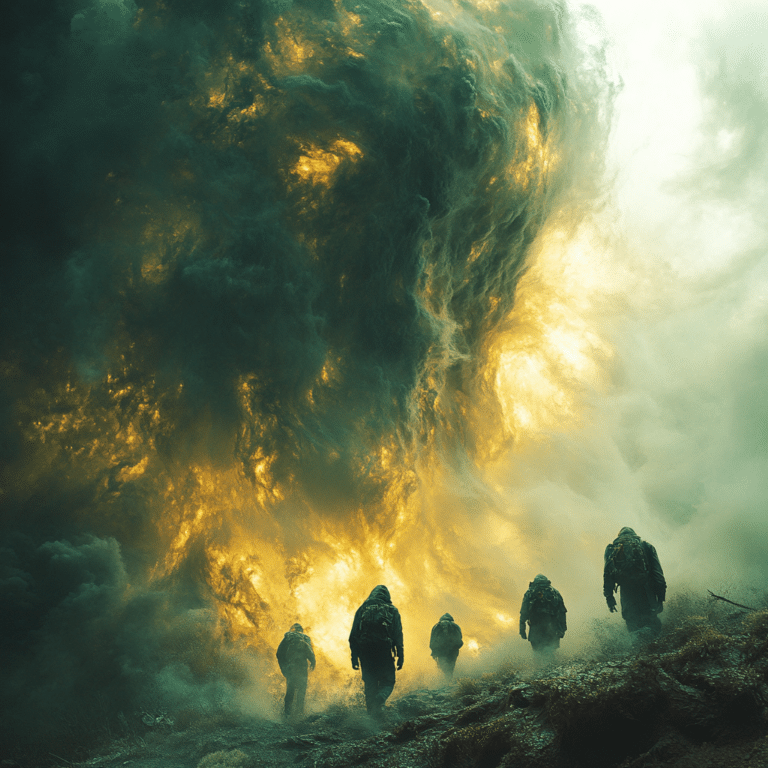Ah, Cesare Borgia! The man, the myth, the larger-than-life character who flipped the Renaissance on its head. Born in 1475, Cesare wasn’t just your average cardinal. Oh no, he was a soldier, a politician, and a force to be reckoned with. His relentless ambition and sharp strategic mind crafted a lasting legacy that echoes through the ages, influencing European politics and pop culture alike. So, let’s dive into the fascinating attributes that shaped this iconic figure and see why he’s still making waves today!
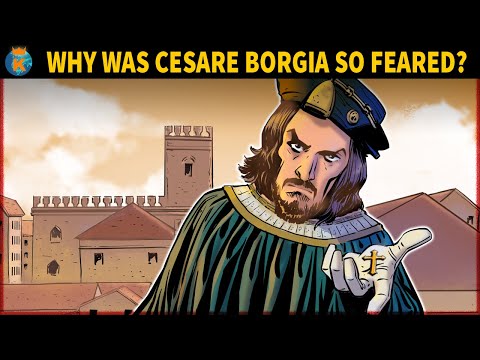
1. Top 5 Unique Attributes of Cesare Borgia that Shaped His Legacy
So, what makes Cesare Borgia stand out in history’s spotlight? Here are five attributes that give us insight into why this guy is such a big deal:
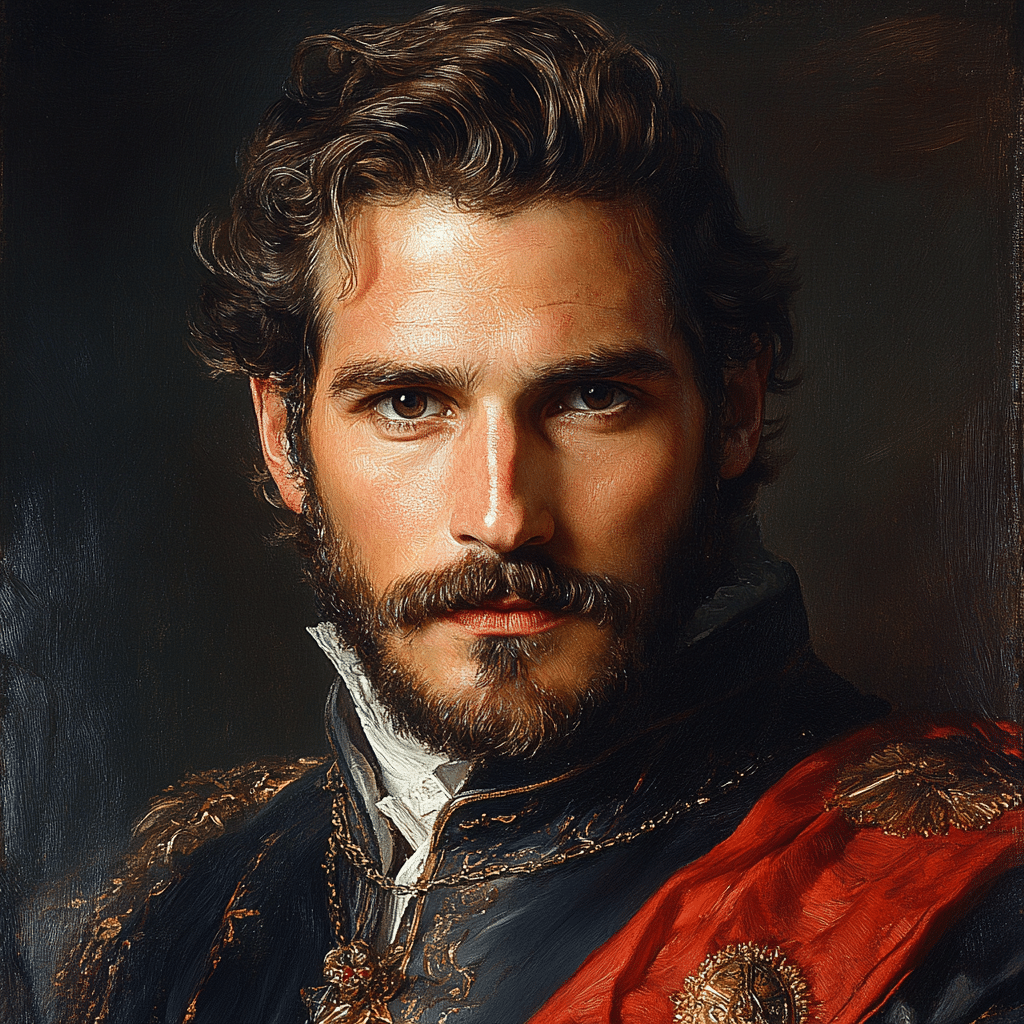
1. Master of Manipulation
Cesare was like a chess player, always thinking three moves ahead. He deftly manipulated everyone around him, especially his dad, Pope Alexander VI. Using his father’s papal power, Borgia handpicked allies and made sure his enemies were eliminated, crafting a reign filled with political intrigue and betrayal. If you think you’ve got family drama, try being the son of a pope!
2. Military Leadership
When it came to tactics, Borgia was no slouch. He understood that brains often beat brawn on the battlefield. Instead of just charging in, his strategies were all about mobility and deception. His military campaigns in Italy’s Romagna region not only showed off his tactical genius but also earned him fierce loyalty from his troops. That kind of trust was hard to come by in those chaotic times.
3. Renaissance Humanism
Living in the golden age of Renaissance humanism, Cesare surrounded himself with intellectuals, artists, and thinkers. He wasn’t just flexing his political muscles; he was studying philosophy, painting, and literature too. This intellectual pursuit helped craft his image as a cultured leader, making him a favorite among the educated elite. After all, who wouldn’t want to be friends with the guy who quotes Aristotle?
4. Charisma and Ruthlessness
Borgia had a bewitching charm paired with a spine-chilling ruthlessness. He knew how to get people on his side while keeping his enemies trembling. The infamous banquet where he poisoned rivals? Classic Cesare! This complex persona of being charismatic while capable of cold-blooded murder kept everyone guessing what he might do next.
5. Enduring Cultural Impact
What’s intriguing is how Cesare Borgia remains relevant today. His character doesn’t just die in history books; he’s reincarnated in modern media like the Showtime series The Borgias, where François Arnaud brought him to life with both charm and menace. The way his story is echoed in works such as those featuring Isabella Rossellini shows that themes from his life still resonate today—think Machiavelli’s principles mixed with tales of power dynamics.
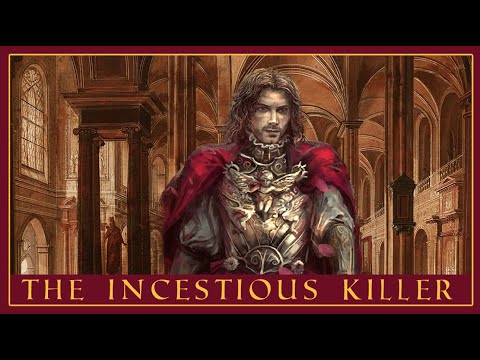
2. The Legacy of Cesare Borgia in Historical Fiction: From Greta Scacchi to Modern Interpretations
Historians and filmmakers can’t seem to get enough of Cesare Borgia. Why? The guy’s life story is a rich tapestry of ambition, betrayal, and complex relationships. Let’s take a peek at some standout portrayals that breathe life into his fascinating legacy.
Greta Scacchi as a Symbol of Power Dynamics
In the acclaimed miniseries The Borgias, actress Greta Scacchi plays Vannozza dei Cattanei, Borgia’s mother. Through Scacchi’s performance, audiences gain insight into the delicate power dynamics of Cesare’s life. It’s interesting to see how maternal influence played a significant role in shaping the man who would strive for power in the unforgiving world of Renaissance politics. It’s like every family reunion you’ve ever had—only with more poison.
Isabella Rossellini’s Portrayals of Complex Women
Then there’s Isabella Rossellini, a master in depicting strong female characters. Her roles often evoke themes of power and identity, reflecting the struggles not just of women but of characters like Cesare Borgia himself. This connection opens a dialogue about how both male and female historical figures navigated the rugged terrain of ambition and power, showcasing their ongoing relevance in our cultural narratives.
Contemporary Reimaginings
Fast forward to current times, and modern series like Medici: Masters of Florence capture the Renaissance vibe, cleverly weaving the threads of familial ties and political ambitions reminiscent of Borgia’s life. Characters inspired by him light up many historical dramas, proving that this ambitious cardinal continues to shape perceptions of power and loyalty in the storytelling landscape.
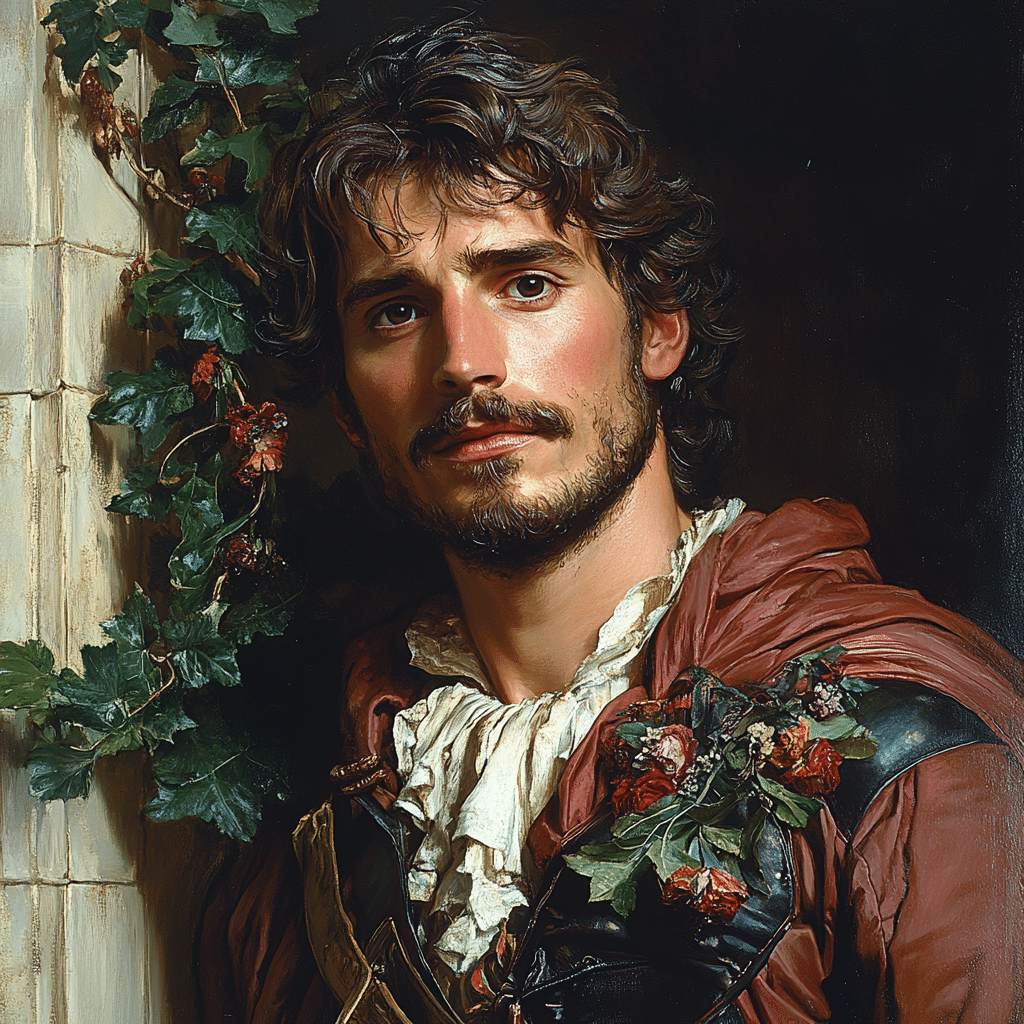
3. The Intriguing Intersection of History and Fiction in Cesare Borgia’s Life
When it comes to Cesare Borgia, the line between history and fiction is as thin as a piece of parchment. Historians strive to paint an accurate picture, while filmmakers spice it up with creative liberties. This mix creates a compelling narrative that reflects real human emotions—like ambition, betrayal, and personal struggles.
The beauty of Borgia’s story lies in its timeless themes, creating thought-provoking dialogues in today’s context. Take a moment to ponder how ambition can lead to great triumphs, but also to moral ambiguity! Think of betrayal for power—it’s a tale as old as time. Cesare’s life serves as a cautionary tale as much as an inspiration. It makes us question the ethics behind our own ambitions—timeless reflections on power and its consequences.
As we explore Borgia’s narrative, it becomes clear that the themes of ambition, power struggles, and even personal vendettas are not just relics of the past. They echo through our lives and the very foundations of society. So whether it’s through the lens of drama or historical essays, Cesare Borgia still has much to teach us about the nature of power, both in the past and today.
In conclusion, Cesare Borgia is more than just a name in the history books; he’s a dynamic character whose life story invites endless exploration. From the Renaissance to today’s pop culture, his legacy remains a shining testament to the complexities of ambition, power, and human nature. So let’s raise a glass (or maybe a goblet of wine) to Borgia—the ultimate rebel of the Renaissance!
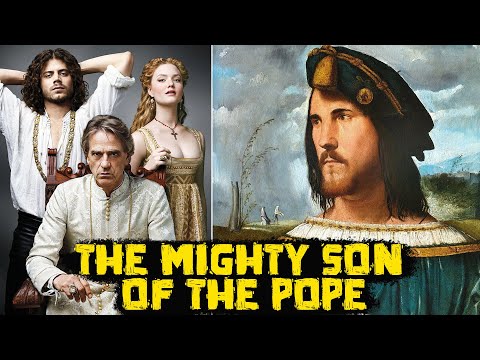
Exploring Cesare Borgia: The Ambitious Cardinal and Soldier
A Look at His Life and Ambitions
Cesare Borgia, known for his ambition and political intrigue, was a central figure during the Renaissance. Born in 1475, he was the son of Pope Alexander VI, which certainly gave him a leg up in the cutthroat political scene of the time. Did you know that Cesare’s life inspired characters in modern media? His cunning nature and ruthless strategies are echoed in various formats, including video games like Kingdom Hearts 4. The power play involved in his life resembles the dramatic twists of today’s storylines, showing just how enduring his influence has been through the ages.
He was not just a man of means but also a skilled warrior. Cesare’s military tactics were influential, and his ability to navigate the political landscapes was remarkable. It’s fascinating how leaders today still reference historical figures for guidance. The notion of strategic ambition resonates even now, similar to how entertainers think about their careers, like Hilary Swank in various movies where she takes on challenging roles that require ambition and grit. Borgia’s deep desire for power reflects an age-old trait that continues to be relevant, adjusting to the times, just like how the Indiana sales tax rate fluctuates over the years!
Personal Life and Legacy
Beyond politics, Cesare’s personal life was equally captivating. He was known for his charm and charisma, qualities that helped him build alliances. Fun fact: even in his time, the concept of sharing personal stories was significant. Just like in modern films, where the themes often revolve around personal struggle and triumph, Cesare’s story invites us to consider the power of legacy. He faced substantial challenges, such as the death of his father and his own ambitions nearly leading to his downfall. One can’t help but make comparisons to popular figures like Oshea Jackson jr, who navigates the pressures of fame today.
As history unfolds, Cesare Borgia remains a fascinating figure. His life is punctuated by moments of both great success and immense tragedy, factors that have defined his narrative over time. Much like our contemporary media reflects the theme of shower Thoughts where trivial matters spark live discussions, Cesare’s story ignites our curiosity about the intersection of power, family, and ambition. His involvement in the complicated political fabric creates a story that echoes through time, making us dive deeper into understanding motivations and actions. Whether we’re discussing historical figures or the latest trends in protein cereal, the drive for success has always been on our plates.
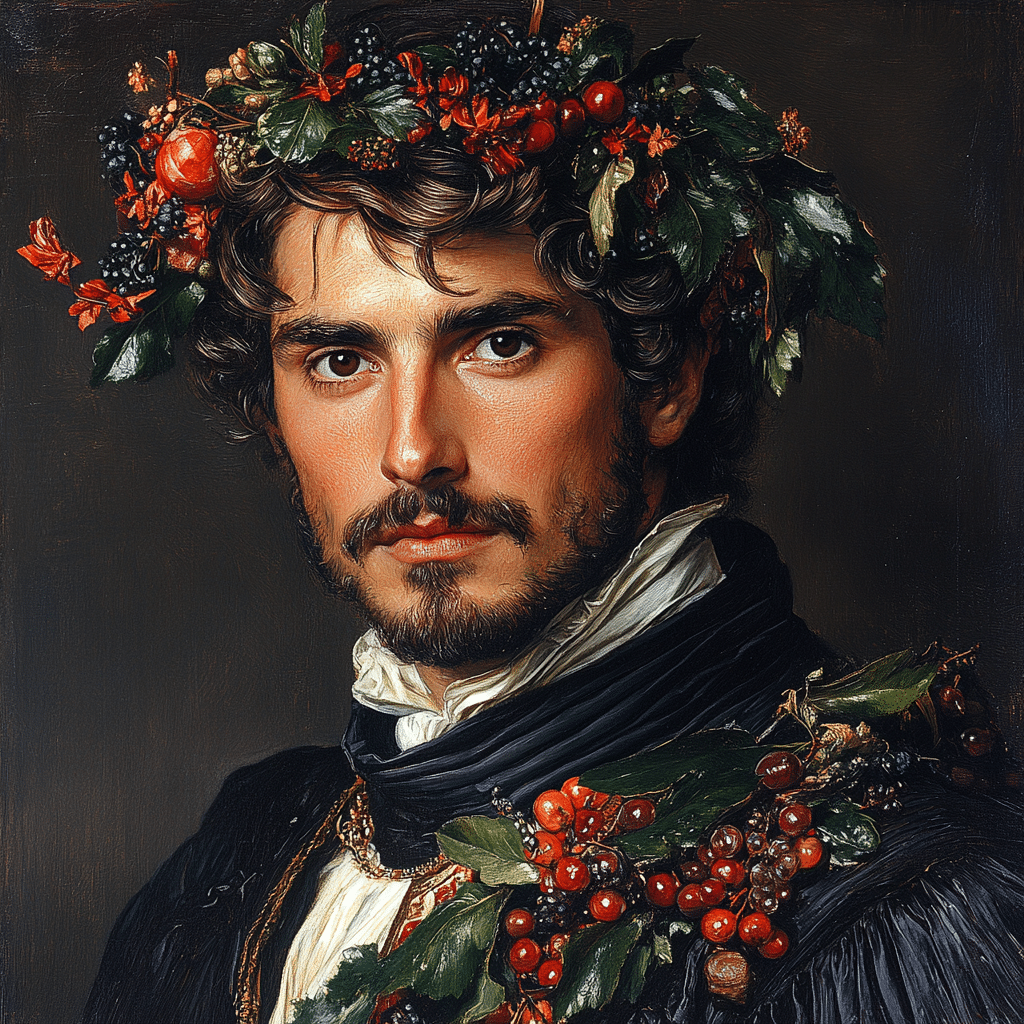
What was Cesare Borgia known for?
Cesare Borgia was known for being a powerful Italian nobleman, a cardinal in the Catholic Church, and later a soldier for hire. He’s famously linked to the notorious Borgia family and inspired Machiavelli’s political ideas in his book, The Prince.
Does the Borgia bloodline still exist?
Yes, the Borgia bloodline still exists today, as Pope Alexander VI had several illegitimate children. Many of their descendants might not know about their connection to this infamous family or remain out of the public eye.
Why does Machiavelli like Cesare Borgia?
Machiavelli admired Cesare Borgia because he believed Borgia had the potential to unify Italy and create a strong state capable of resisting foreign influence, which was something Machiavelli valued deeply.
Who painted Cesare Borgia’s portrait?
The portrait commonly thought to be of Cesare Borgia was painted by Altobello Melone in 1513. This piece is housed in the Accademia Carrara in Bergamo and is part of a notable collection.
Which pope had a son who became pope?
Pope Alexander VI, also known as Rodrigo Borgia, had a son named Giovanni Borgia, although he didn’t become pope himself.
What did Leonardo da Vinci do for Cesare Borgia?
Leonardo da Vinci served as a military engineer and strategist for Cesare Borgia, applying his artistic and scientific talents to help with military campaigns and fortification designs.
Did the Medici know the Borgias?
Yes, the Medici family knew the Borgias, as both were influential families in Italy during the Renaissance, often navigating alliances and rivalries in pursuit of power.
Was the Borgia family corrupt?
Many people see the Borgia family as corrupt, primarily due to their controversial tactics in politics and the church, which included bribery and manipulation during their rise to power.
Did Cesare Borgia ever marry?
Cesare Borgia never officially married, but he was engaged multiple times, often for political reasons, though those marriages never went through.
Who was the model for Jesus?
The model for Jesus has varied across history and cultures, but many artistic representations, especially in Western art, have drawn from individuals in various contexts, sometimes resembling figures like Cesare Borgia himself.
Is The Prince based on Cesare Borgia?
Yes, The Prince is based on Cesare Borgia, showcasing him as an example of a ruler who cleverly used power and cunning strategies in politics, which Machiavelli admired.
Why was Machiavelli Machiavellian?
Machiavelli is considered Machiavellian because of his realistic and often ruthless views on politics, where he argued that the ends justify the means in governance and leadership.
Whose image is used as Jesus?
Many historical representations of Jesus used various models, but there’s no definitive answer on who specifically came to represent him in all artworks throughout history.
Did Cesare Borgia wear a mask?
No solid evidence confirms that Cesare Borgia wore a mask. However, there are anecdotes about him and his life that add to his mysterious and sometimes sinister reputation.
Who was the pope’s illegitimate son?
The most notable illegitimate son of Pope Alexander VI was Cesare Borgia, who together with his brother, Giovanni, and sister, Lucretia, contributed to the family’s infamous legacy.


